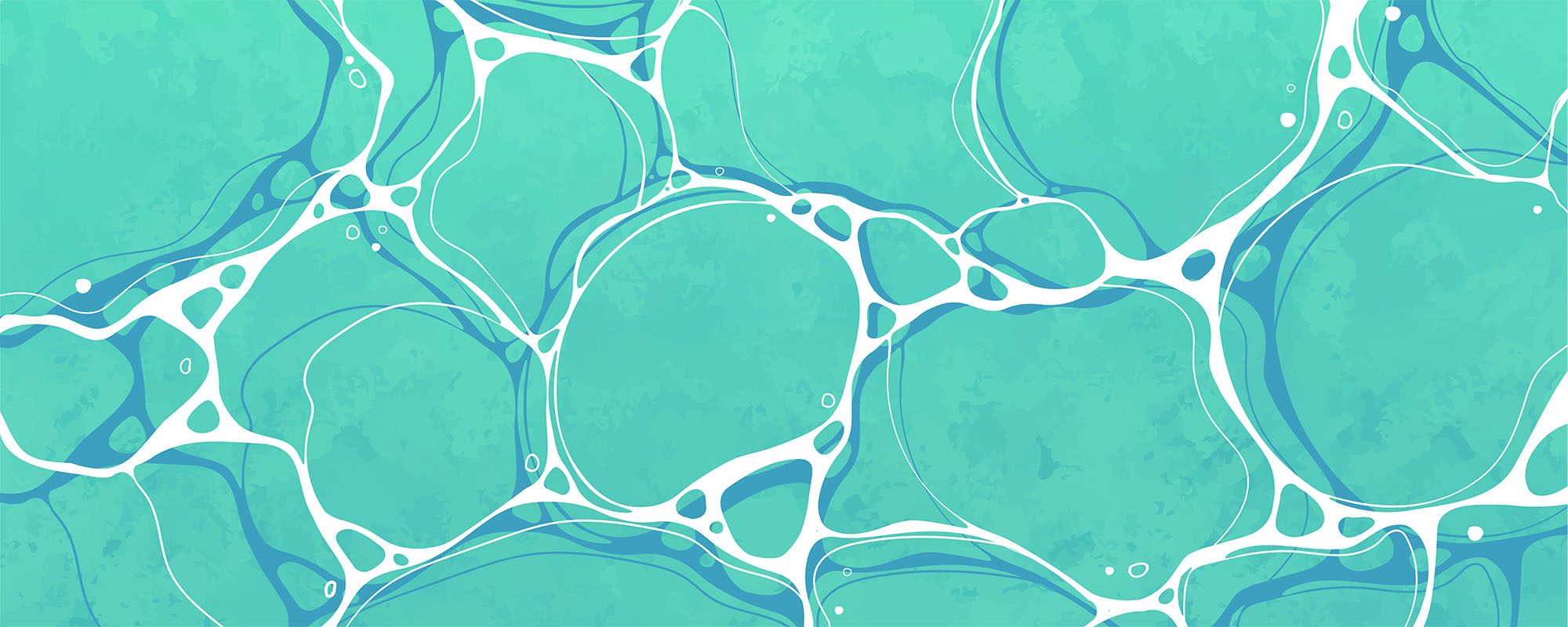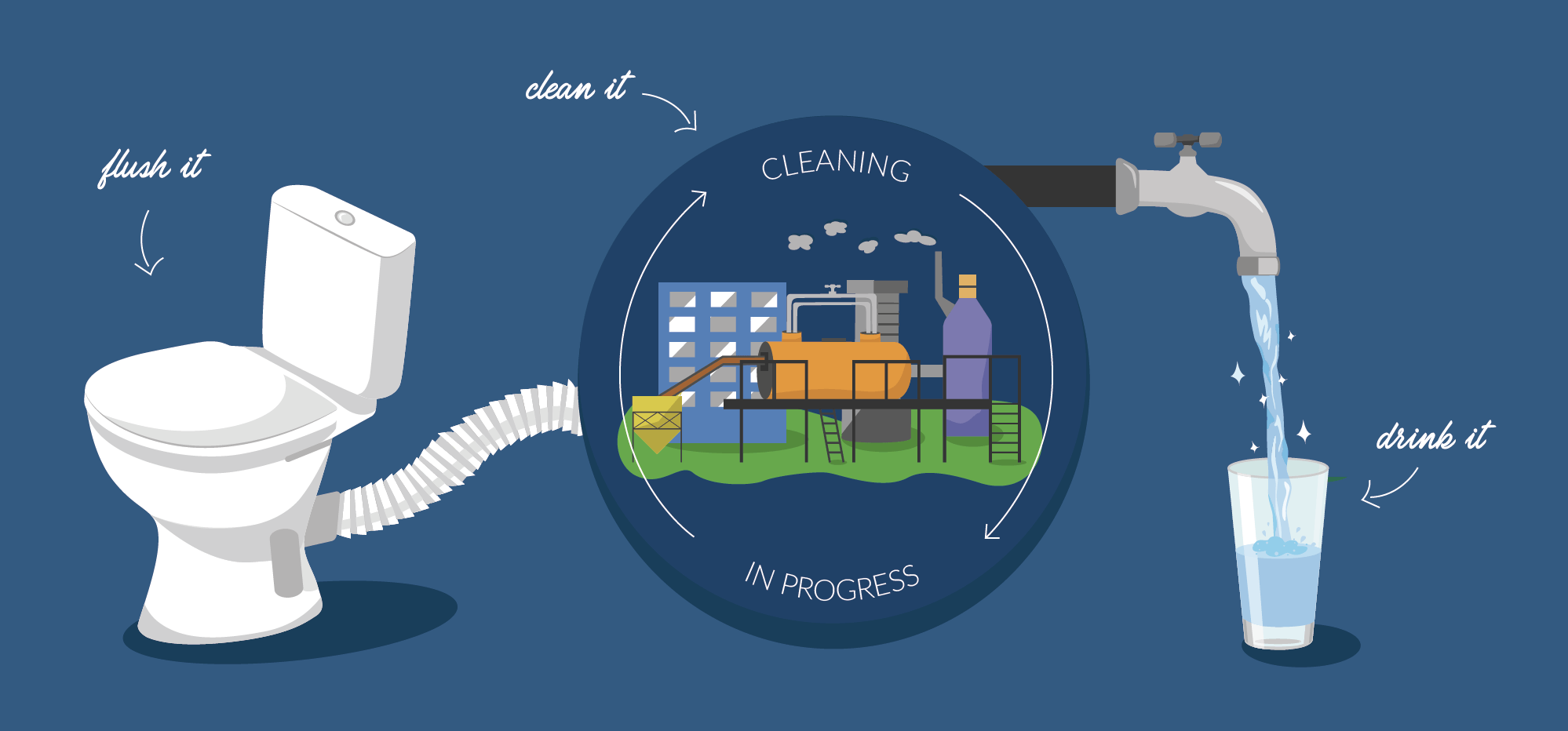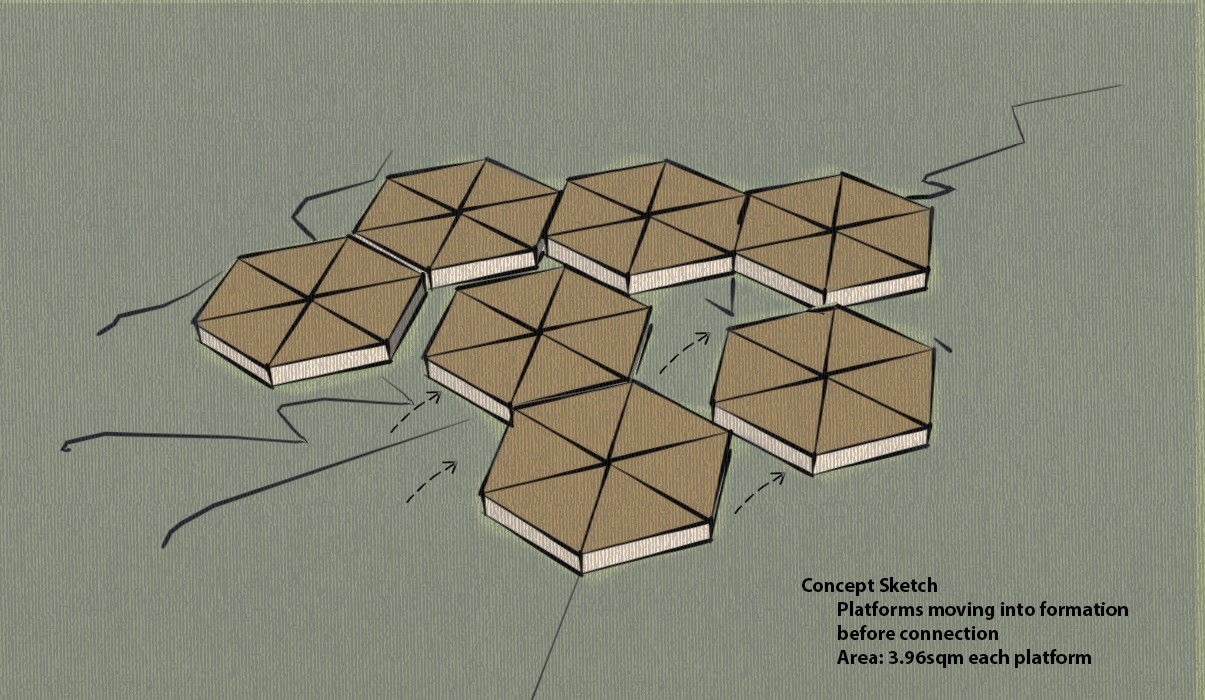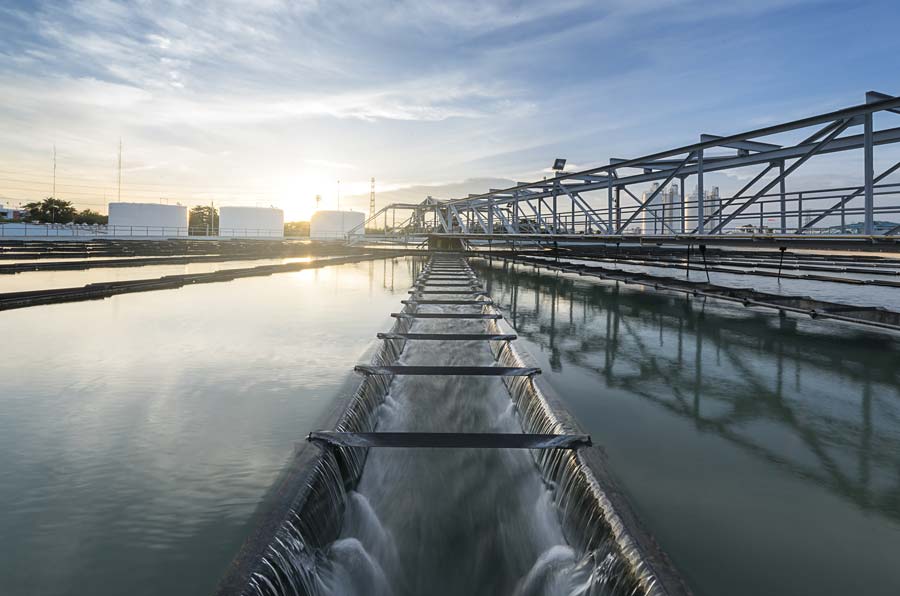Water is the last resource. The politics, deprivation and conflict created by water insecurity will define the future. Malta, as one of the most water-stressed countries in the world, will be ahead of the historical and technological curve.
Continue readingEat your way to a healthy life
With growing evidence showing that our eating habits affect not only our waistline, but our physical and mental health, should we all be turning to the Mediterranean diet to live longer, healthier lives? Prof. Giuseppe Di Giovanni, Prof. Christian Scerri, and Dr Paulino Schembri write.
Continue readingSewage works
Water is our number one resource. It not only sustains life, but also supports the economy and its development. And yet, water is taken for granted. Kirsty Callan talks to Marco Cremona, the man behind the revolutionary water treatment solution that promised to reduce Maltese hotels’ water use by 85%.
The floating lantern
In Japan, candle-lit lanterns are released into rivers in Toro nagashi to guide the spirits of ancestors back to the other world. The lanterns exude beautiful, orange light as they float downstream. At times they group together, creating what look like small, glowing platforms. This very image was what inspired the floating platform Dr Rebecca Dalli Gonzi is building, together with her colleagues Dr Joseph Falzon, Prof. Tonio Sant, and NAS Limited. The project is being consulted with Prof. Claire DeMarco and ALTERN Limited.
By bringing together the sea, the arts, architecture, and engineering, they are giving rise to a lightweight platform that sits on the water’s surface, providing a unique space for artistic performances, installations, and exhibitions. The lanterns’ rectangular shapes are being replaced with hexagons—a more efficient fit. Holding everything together are mounts or magnetic currents, depending on research results. The modular approach allows adjustability in shape and size, potentially seeing the platform expand beyond its current three meters, while making it easy to disassemble, respecting the environment it inhabits.
The team hopes that the platform, or lantern as it is affectionately referred to, will provide artists and practitioners with a new approach to their art that will bring joy, while also inspiring creative thinking in the construction industry.
Author: Dr Rebecca Dalli Gonzi
Kaptan on board
Meet the mobile app that’s making the sea safer for sailors and citizens alike.
When desalination is the only option left
The Water Services Corporation (WSC) has recently announced that it will construct a Seawater Reverse Osmosis Plant at Ħondoq ir-Rummien in Gozo. To the casual observer, having a reverse osmosis plant on the island might seem like a necessary and commendable way of ensuring an adequate and independent water supply. However, Gozo has been meeting its water demands efficiently through a groundwater polishing plant since 2005, importing just 20% of its water from the Ċirkewwa reverse osmosis plant, a facility that is not being used to capacity. So a pertinent question arises: why is a reverse osmosis plant being considered?
Curiosity saved the cat
Since childhood Ian Zammit has always been curious about why things are the way they are. His curiosity has led him to work on a water recycling project from which Malta could potentially stand to gain. He speaks to Veronica Stivala.
Time to evolve
Urban areas suffer from crippling traffic issues and gross water wastage. The University of Malta could become a living experiment to test innovative solutions to these problems. Words by Natasha Padfield.
Continue reading





